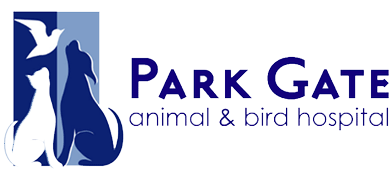Obesity is a nutritional disease which is defined by an excess of body fat. Dogs that are over nourished, lack the ability to exercise, or that have a tendency to retain weight are the most at risk for becoming obese. Obesity can result in serious adverse health effects, such as reducing the lifespan, even if your dog is only moderately obese. Multiple areas of the body are affected by excess body fat, including the bones and joints, the digestive organs, and the organs responsible for breathing capacity.
Obesity is common in dogs of all ages, but it usually occurs in middle-aged dogs, and generally in those that are between the ages of 5 and 10. Neutered and indoor dogs also tend to have a higher risk of becoming obese.
Symptoms
- Weight gain
- Excess body fat
- The inability (or unwillingness) to exercise
- An above-ideal score in a body condition assessment
Causes
There are several causes of obesity. It is mostly commonly caused by an imbalance between the energy intake and its usage — eating more than the dog can possibly expend. Obesity also becomes more common in old age because of the normal decrease in a dog’s ability to exercise. Unhealthy eating habits, such as high-calorie foods, an alternating diet, and frequent treats can also bring on this condition.
Other common causes include:
- Hypothyroidism
- Insulinoma
- Hyperadrenocorticism
- Neutering
Diagnosis
Obesity is diagnosed primarily by measuring the dog’s body weight or by scoring its body condition, which involves assessing its body composition. Your veterinarian will do this by examining your dog, palpating its ribs, lumbar area, tail, and head. The results are then compared to the breed standard.
If a dog is obese, it will have an excess body weight of approximately 10 to 15 percent. In the nine-point scoring system, dogs which have a body condition score greater than seven are considered to be obese.
Check out this article if you wish to know about obesity in cats.

